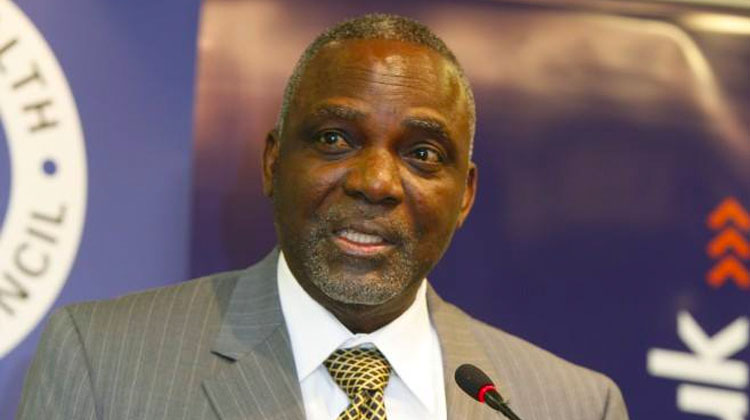ENERGY

DESPITE VAST GAS RESERVES, NIGERIA STILL FACES POWER SHORTAGES – NNAJI
Barth Nnaji, Chairman of Geometric Power and former Minister of Power, has expressed concern over Nigeria’s persistent electricity challenges, despite having over 200 trillion cubic feet of proven natural gas reserves.
Speaking at the 2025 Orienta News Nigeria Conference in Lagos, Nnaji described the situation as a troubling paradox: a gas-rich nation struggling to fuel its power plants.
“It’s baffling. We have one of the largest gas reserves, yet we can’t supply enough to power our grid. It’s a contradiction that’s hard to explain,” he said.
Nnaji pointed out that while the regulated domestic gas price for power generation was recently reduced from $2.42 to $2.13 per million British thermal units (MMBtu) by the Nigerian Midstream and Downstream Petroleum Regulatory Authority, power producers often have to purchase gas from the open market at rates of $2.70/MMBtu or higher due to supply constraints and unfavorable contracts.
This pricing mismatch, he noted, continues to burden generation companies (GenCos) and worsens the financial strain on the sector, contributing to over ₦1 trillion in electricity subsidies during the first half of 2025 and deepening government debt to power producers.
“The gap between regulated and actual gas prices undermines GenCos’ ability to operate sustainably. Most power plants depend on imported, dollar-priced components, and the current tariff structure doesn’t reflect real operating costs,” Nnaji explained.
He stressed the need for more cost-reflective electricity tariffs, warning that failure to address the imbalance could lead to repeated system breakdowns. “Tariffs must align with real industry costs to ensure operators can maintain their infrastructure,” he said.
Nnaji also highlighted the lack of investment in gas production and pipeline infrastructure, calling for greater private sector leadership and reduced government interference.
“Nigeria has the resources, but the private sector must drive investment. Without enough gas production, even initiatives like compressed natural gas (CNG) adoption will stall,” he warned.
He lamented the erratic performance of many gas-powered plants due to fluctuating gas supply and pressure, calling it unacceptable for a country with such vast reserves. According to Nnaji, stable gas supply could enable Nigeria to power its economy and expand into industries like petrochemicals, creating a more diversified energy base.
He also called for enforceable Power Purchase Agreements (PPAs) and urgent solutions to problems like vandalism and supply chain disruptions that hinder gas delivery and electricity generation.
“Reliable gas supply and a properly structured power market are essential. Without them, PPAs won’t work,” he cautioned.
Looking ahead, Nnaji acknowledged the potential of hydro and solar power, but maintained that gas-fired plants would continue to dominate Nigeria’s energy mix over the next 10 to 20 years. “Hydropower has limitations, especially with seasonal changes and regional politics. Gas remains our most viable option for now,” he concluded.
"This represents a significant development in our ongoing coverage of current events."— Editorial Board









